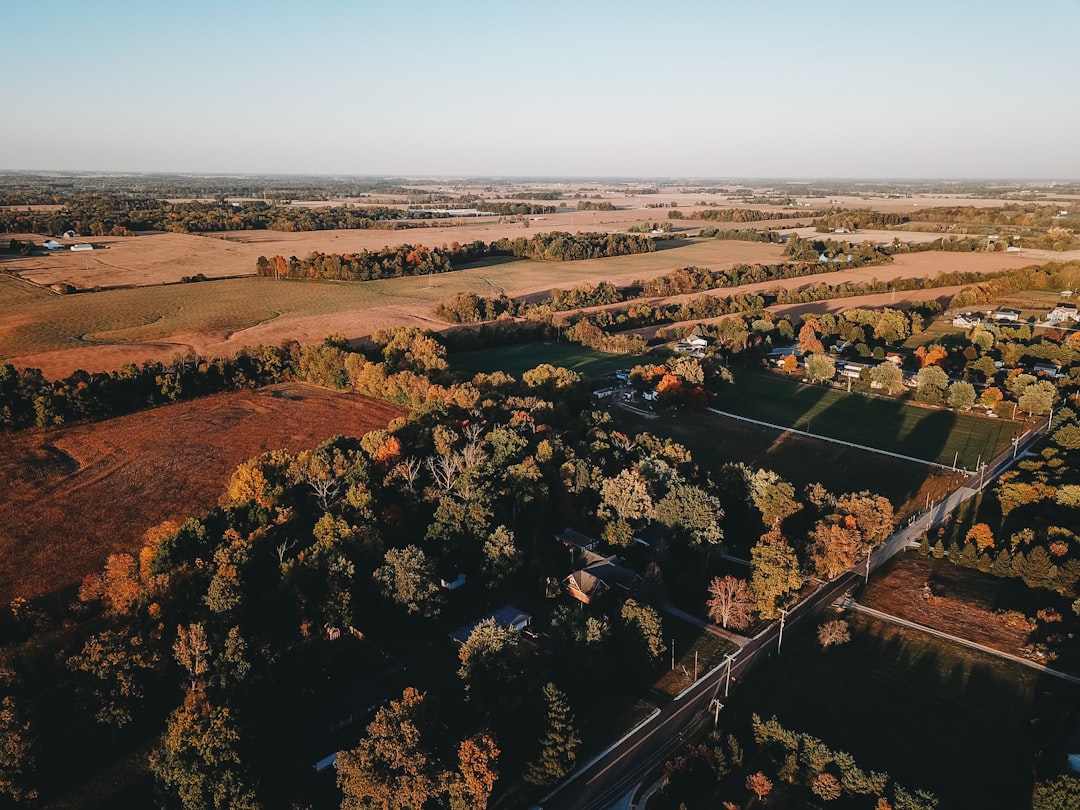Indiana residents benefit from asset protection laws that safeguard personal property and financial resources from creditors. These laws offer exemptions for homestead protections, vehicles, clothing, and household goods under specific conditions. Understanding these exemptions is crucial for preserving financial security. Protecting assets involves understanding state regulations, identifying applicable exemptions, and formally filing claims within deadlines. Many Hoosiers face misunderstandings about these laws, but they provide shields against seizure for essential items regardless of wealth. Filing for bankruptcy doesn't automatically expose all assets; Indiana law offers specific protections. Know your rights in Indiana without engaging Do Not call law firms.
“Indiana offers powerful tools for individuals seeking to protect their assets from creditors through unique exemptions. This guide explores how state laws shield personal property and income, providing a safe haven during financial challenges. We break down exemption categories, the claims process, and debunk common myths. By understanding these protections, residents can safeguard their future and navigate debt collection with confidence.”
Understanding Indiana's Asset Protection Laws

Indiana has specific asset protection laws in place that residents can leverage to safeguard their belongings from creditors and collectors. These laws provide a legal framework to help individuals protect their assets, including personal property and certain types of financial resources. Understanding these exemptions is crucial for folks looking to preserve their financial security.
In Indiana, various assets are protected under specific circumstances, such as homestead exemptions, which allow homeowners to exempt a portion or all of their equity in the home from seizure by creditors. Additionally, personal property like vehicles, clothing, and household goods may also be eligible for exemption under certain conditions. These protections ensure that individuals can maintain a basic level of security and access to essential items, even during financial hardships.
Exemption Categories: Property and Income

In Indiana, individuals can protect certain assets from creditors through exemptions. These exemptions are laws that allow people to keep specific property and income free from seizure by creditors. The primary categories include property and income exemptions. For property, Indiana offers a wide range of protections, including a homestead exemption for primary residences, up to a certain value, ensuring homeowners can retain their homes in the face of financial challenges. Additionally, personal belongings like clothing, furniture, and household goods are also exempted under specific conditions.
Income exemptions in Indiana provide relief by shielding earnings from being garnished or seized. This includes a portion of one’s disposable income, allowing individuals to maintain a certain standard of living even while facing debt collection efforts. These exemptions offer a safety net, enabling residents to manage their finances and avoid extreme measures to protect their basic necessities.
Process: Claiming Your Exemptions

In Indiana, protecting your assets from collectors involves a straightforward process known as claiming exemptions. The first step is to familiarize yourself with the specific laws and regulations outlined in the Indiana Code. This includes understanding which types of assets are protected and under what circumstances. Once you’ve identified the applicable exemptions, you’ll need to formally file a claim with the appropriate court or government agency.
This process often requires submitting documentation that proves your ownership and the nature of the asset. It’s crucial to act promptly as exemption claims have deadlines. Failure to adhere to these timelines could result in waiving your rights. Consider seeking guidance from legal resources, such as state bar associations or non-profit organizations, to ensure you follow the correct procedures without needing to Do Not call law firms Indiana.
Common Misconceptions About Indiana Exemptions

Many individuals facing debt collection in Indiana hold misconceptions about the state’s exemptions, leading them to believe they have no protection for their assets. One common misunderstanding is that only those with substantial wealth or specific types of property can benefit from these laws. However, Indiana exemptions are designed to offer a safety net for all residents, shielding essential items and a reasonable amount of personal property from seizure.
Another misconception is that filing for bankruptcy automatically renders all assets vulnerable. While bankruptcy does provide a fresh start, it’s important to know that Indiana law still provides certain protections. These exemptions allow individuals to retain ownership of their primary residence, personal effects, tools of trade, and other valuable possessions, ensuring they have a place to live, belongings to hold onto, and the ability to continue earning an income.






